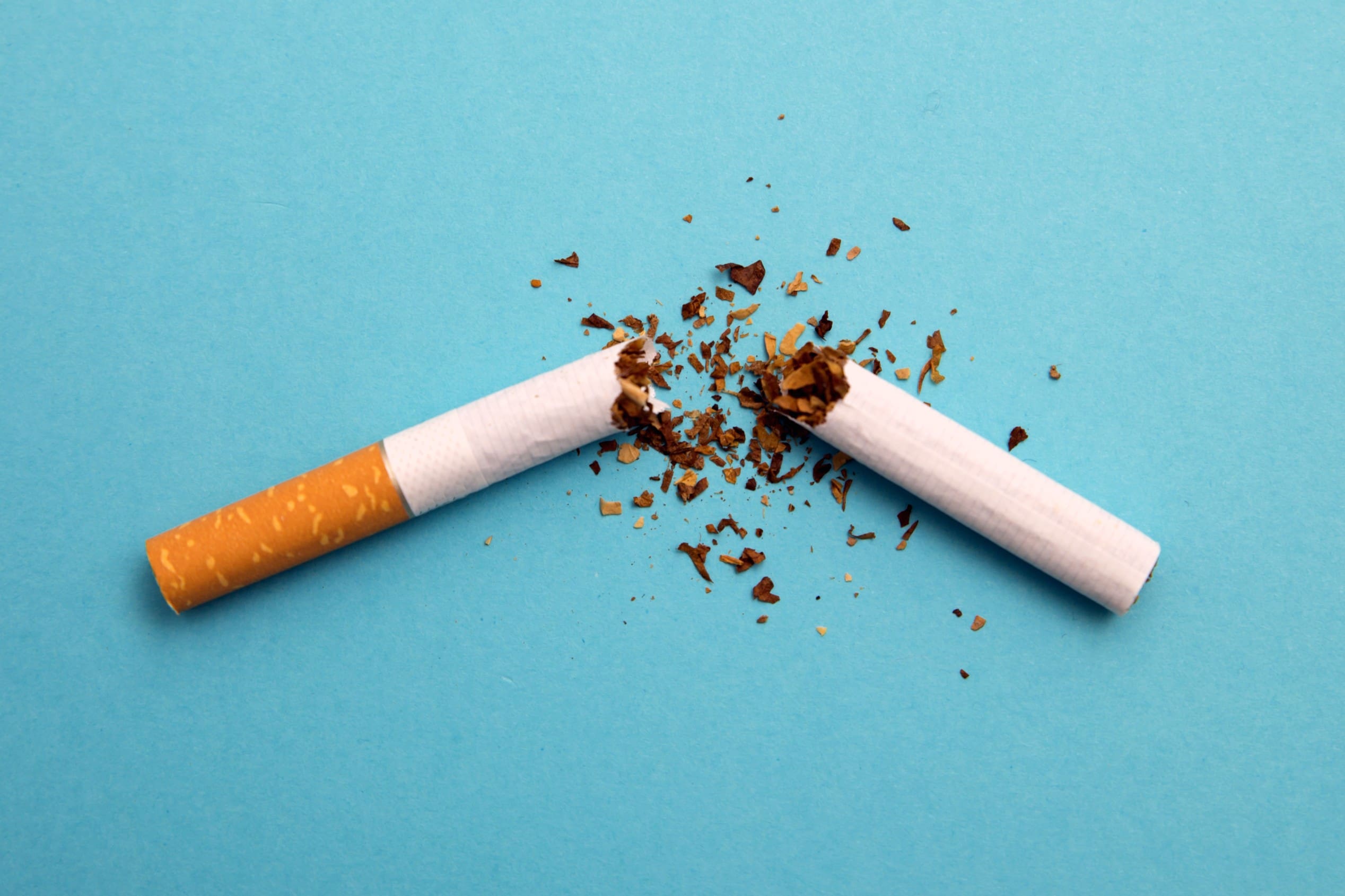It’s never too late to quit smoking and there are many benefits to be gained no matter what age you are when you give up. Here are some quick tips to help you kick the nicotine habit.
Tip 1: Write down all the reasons that have made you decide to quit smoking, and carry them with you in case you need reminding! People’s motivations differ but some good examples are to improve your health, to save money and because you are pregnant or wanting to become pregnant.
Tip 2: Quitting is different for everyone, so find an approach that will work for you. This may be either the cold turkey approach (stopping suddenly and totally) or a more gradual reduction in the number of cigarettes you smoke each day.
Tip 3: Nicotine replacement therapy, such as nicotine patches, chewing gum or inhalers, could be a good idea for those who smoke heavily or who feel they may need the extra help. Some products are available on the PBS. There are also oral prescription medicines, such as varenicline (brand name Champix) and bupropion (brand names Prexaton and Zyban) that can help you quit by reducing withdrawal symptoms and the urge to smoke. Talk to your doctor about what would be best for you.
Tip 4: Set a date to quit — and stick to it. Make it sooner rather than later. If you are quitting by yourself, it is recommended that you stop smoking completely on your quit date.
Tip 5: Get as much support as you can from family, friends and work colleagues. Let them know you are planning to quit smoking, and ask smokers not to smoke around you or offer you cigarettes. Quitting with a friend can also be an excellent idea — you can share your feelings and encourage each other.
Tip 6: Plan ahead for situations in which you are likely to be tempted to smoke, such as parties, drinking or going out for coffee. Try to avoid these situations in the early stages of your quitting programme, or try sitting in the non-smoking section at restaurants, drinking your coffee standing up or with the other hand, or keeping something in your hand when you’re talking on the phone. If you drink a lot of coffee, you may also want to cut down on your coffee intake as you will retain more caffeine when there is no nicotine in your system. Feeling jittery will not help your plan to quit. It may also be best to avoid alcohol as many people find it hard to resist smoking when they drink.
Tip 7: Throw out all cigarettes, ashtrays and lighters and anything else that might remind you of smoking. Wash your clothes and clean your car to remove the smell of smoke.
If smoking was your way of taking a break or you used cigarettes as rewards for yourself, find alternatives for these activities (e.g. go for a short walk, buy a magazine or have a cup of tea instead of a cigarette).
Tip 8: Keep the following 4 Ds in mind when you have a craving.
- Delay: remember that the worst cravings last for only a few minutes and will become even less frequent the longer you have quit.
- Deep breathe: this should help you relax and focus your mind on something else.
- Drink water: it is a good idea to drink plenty of fluids to help flush the nicotine and other toxins out of your system.
- Do something else: you could go for a walk, to the movies or visit a supportive friend. Try eating an apple or cleaning your teeth when you would normally have a cigarette. You could hold something else, such as a pen or beads, to replace the need to hold a cigarette, or chew some gum or eat or drink a healthy snack to have something other than a cigarette in your mouth.
Tip 9: If you find you are losing motivation to quit, remind yourself of the many medical and financial benefits of quitting! For example, did you know that 12 months after quitting, your risk of heart disease is reduced to nearly half that of a smoker’s? Remember the results of the myDr smoking cost calculator to help keep you motivated.
Tip 10: Telephone Quitline on 13 78 48 for more advice and assistance to quit smoking.

